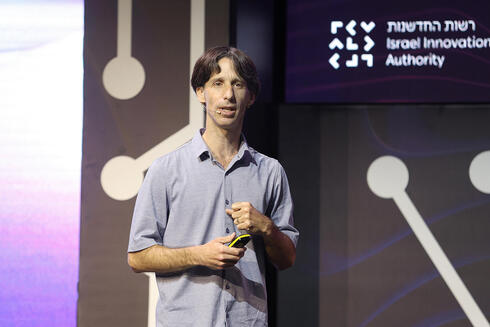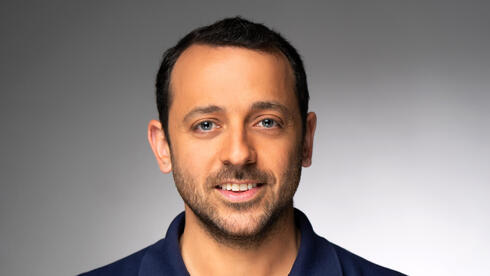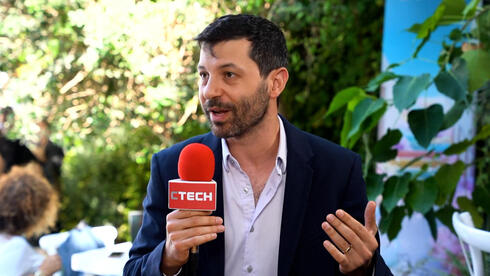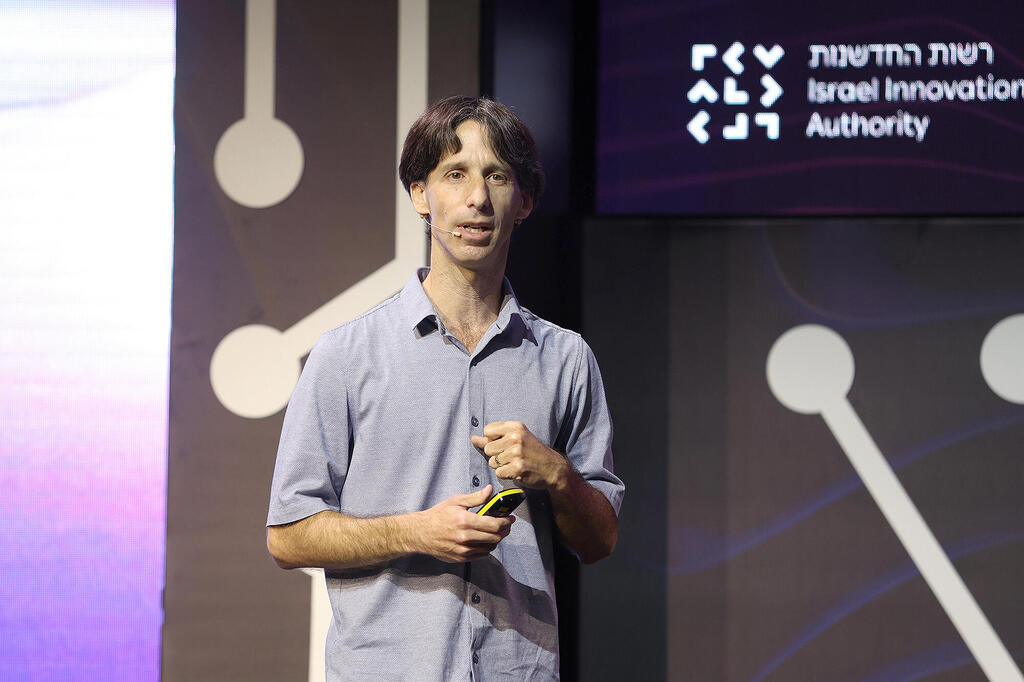
AI Conference
"There is a severe shortage of AI experts in Israel"
Dr. Ziv Katzir, Head of the National Program for AI Infrastructure at the Israel Innovation Authority, told the Calcalist AI Conference that global demand and limited academic output threaten the country’s leadership in AI.
"There is a severe shortage of artificial intelligence experts in Israel," said Dr. Ziv Katzir, Head of the National Program for AI Infrastructure at the Israel Innovation Authority, at the Calcalist AI conference in collaboration with Vultr.
According to Katzir, to meet the growing demand for AI experts, "we need to refine bachelor's degrees, adapt mathematics education for the new generation, bring experts back to the country, and leverage the IDF in this field, thereby maintaining Israel's leadership for many years to come."
Katzir noted that "in recent years, there has been stagnation in the number of people employed in high-tech, and the number of open positions has decreased from 25,000 in 2022–2023 to about 18,000." He added, "Artificial intelligence has begun to create code that is good enough, and there is a clear understanding that it will soon be able to replace junior-level workers, who serve as the nucleus for new innovation."
"At the core of high-tech will be doctoral graduates with rich experience, supported by data experts and engineers. Below them will be those building the products, who will depend on this core. The problem is that this core is in severe global shortage, not only in Israel but worldwide. Completing a master's or doctorate takes many years, and such experts are in huge demand in every field globally. There are no alternative training tracks; you must go through academia on a long, rigorous path."
Katzir also highlighted the strength of Israel's AI ecosystem: "There are many very successful AI companies in Israel. An AI company must specialize in technologies specific to the field and be at the core of innovation. There are currently 2,200 AI companies in Israel; they operate at later stages of the corporate lifecycle and employ many people."
He added that 65% of today's demand is for workers with three years or more of experience (up from 44% in 2023), while demand for early-stage workers has dropped from 53% to 31%.
"The industry is maturing and understands that only experienced, highly educated workers can provide a competitive advantage. It requires specialized human capital with advanced education and extensive experience. The problem is that only 900–1,000 graduates are relevant to this field, and some choose not to become data scientists. Academia can produce only about 300 such workers a year, even though the industry needs far more. The demand for experienced specialists with academic training remains a critical challenge if we want to keep Israel as a global leader."















